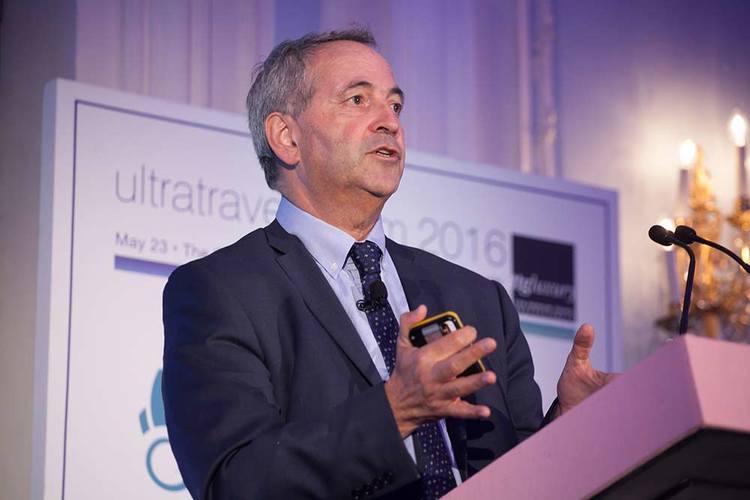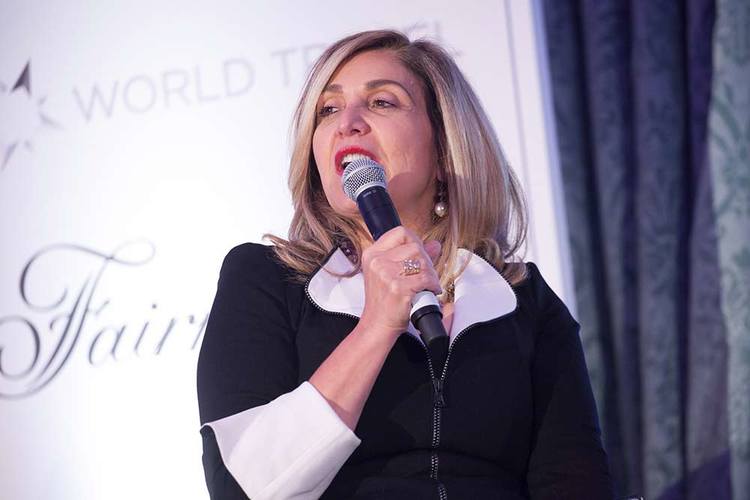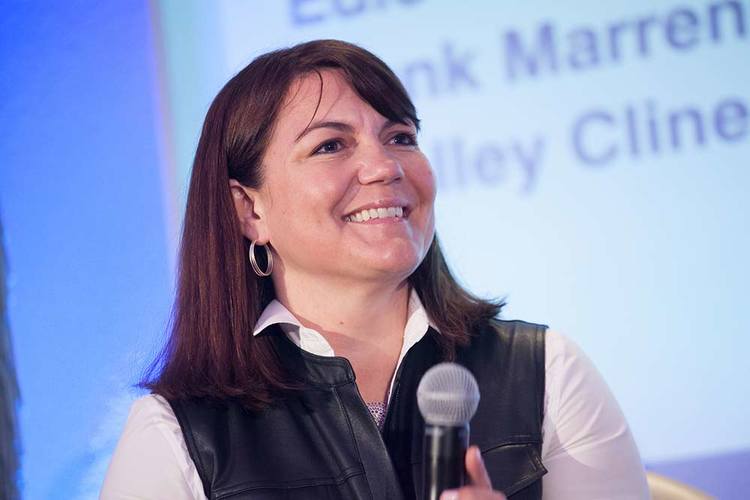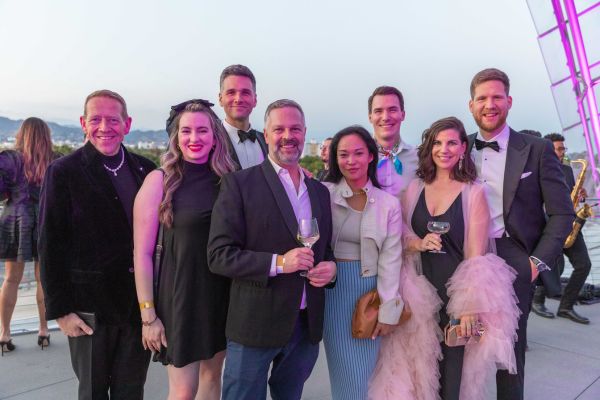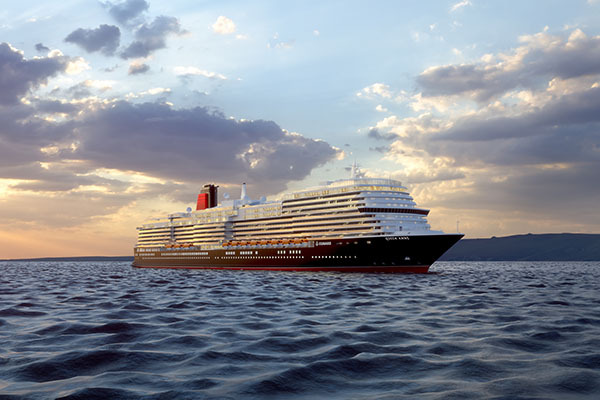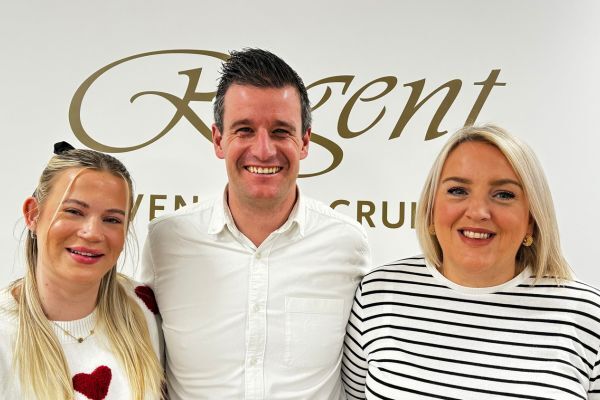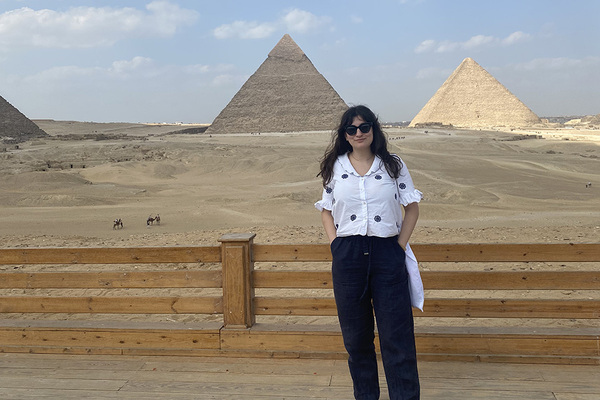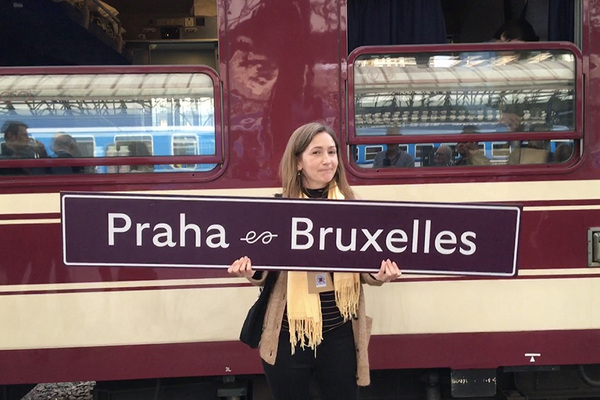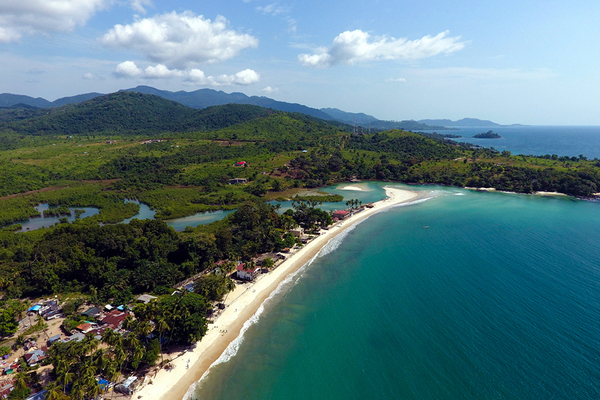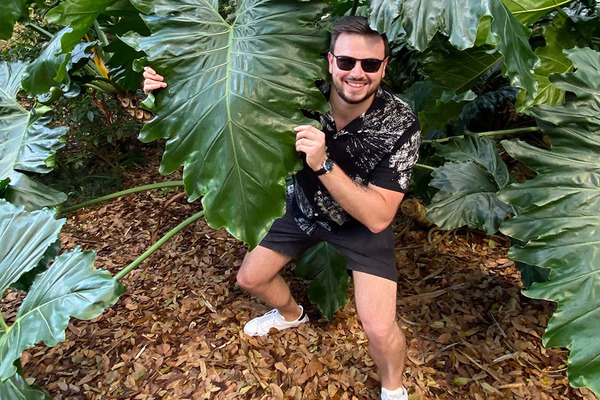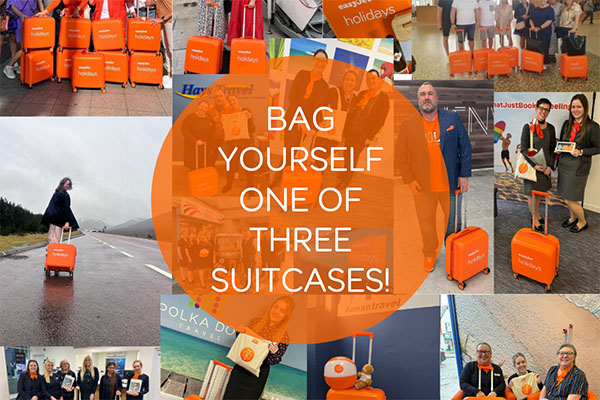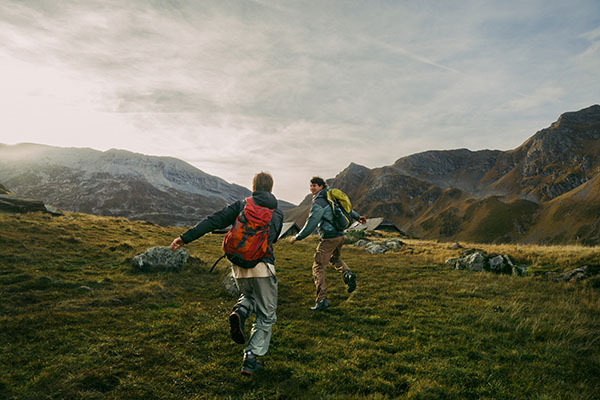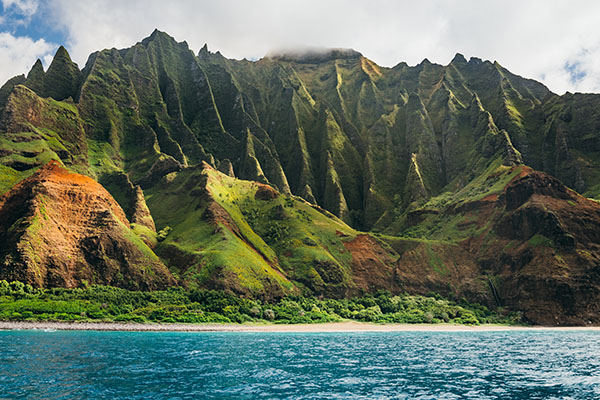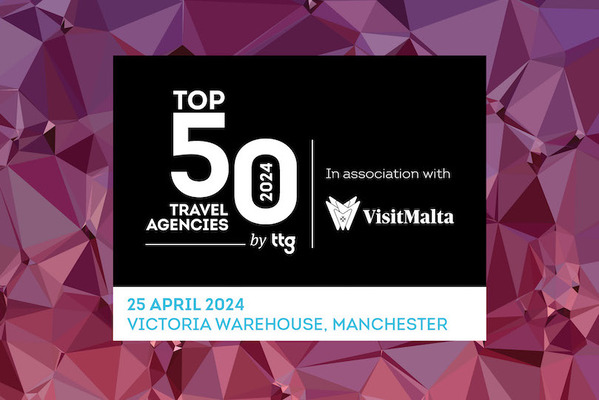Adapt to the 'new normal', travel firms told
The world is having to adjust to the “new normal”, an uncertain existence surrounded by regular and impactful geopolitical shifts, delegates at a recent luxury travel conference were told.
Daniel Franklin, executive editor of The Economist and its annual The World in… report, said the travel industry needed to think about how this new way of existence affects how they do business.
Speaking at the Ultratravel Forum in partnership with ttgluxury held at The Savoy in London, he highlighted several events that could have a big impact on tourism this year, such as the ongoing refugee crisis.
The coming months were likely to see more people – many from sub-Saharan Africa - attempt to cross the Mediterranean from the coasts of Libya and Egypt to enter Europe via Italy, he said.
The possibility of Donald Trump becoming US president and the ongoing economic slowdown in China were other issues that could shape global demand for travel next year, according to the political commentator.
Franklin said a Trump presidency could spark a trend of travellers journeying to the US just to experience what the country would be like under his command.
“There’s an awful lot of uncertainty,” Franklin said. “With Trump in charge it’s looking like it would be a very inward-facing America. Given his stance on immigration, Mexicans would stop coming to the US – maybe even the wider South America market would do that too. At the same time, you could well see great curiosity about life in Trump’s America in visitors from other countries.”
Franklin also highlighted the current downturn in the Chinese economy, with growth of 6.9% in 2015, its lowest in 25 years, as a warning sign for the industry given the recent increases of Chinese luxury travellers.
“China is crucially important to the world of tourism as last year the Chinese took 100 million trips abroad and that’s expanding,” he said. “But this wobble has everyone asking ‘will there be a hard landing?’ as it’s clear the rate with which the economy grew wasn’t sustainable and if [the economy] does slump, luxury spending will take a hit.”
But Edie Rodriguez, president and chief executive of Crystal Cruises, was bullish about her company’s business.
“Of course things are cyclical, but luxury cruise is recession resistant and let’s not forget that even if there are difficulties in China, the country still has one million millionaires,” she said.
And Sally Booth, head of brand for Elegant Resorts, said the slowdown in Chinese and Russian travellers had been good new for the operator’s UK clients.
“It means we have been able to get our customers into some of the top resorts in the Maldives that we have been having issues with capacity,” she said.
Safety first for luxury travellers
In light of ongoing uncertainties, companies must also bear in mind the safety considerations of their customers in the new era, delegates at the Forum were also told.
Rodriguez (pictured) said everyone’s approach to how soon they would travel to destinations hit by any events or threats was different.
“Safety is such a personal thing – the willingness and propensity of the individual to travel completely varies from one to the next. But I will say one thing – as leaders in travel and tourism, we also have to keep travelling ourselves,” she said. “When it comes to destinations, we plan our itineraries three years out – but of course we can, and do, change them if we need to; flexibility is key.”
Talking about the impact of events such as the terror attacks in Paris, where Oetker Collection has Le Bristol, the company’s chief executive Frank Marrenbach said he had become used to such a “volatile and hard to protect operating environment”.
“It’s generally accepted that destinations will take 14 months to recover to previous levels of business if there has been a terror incident; up to two years if there has been a threat of disease,” he said. “These things also affect the morale of your staff of course which has to be taken into consideration. And you have to balance and mix your market in order to hedge the risk."
Staying flexible is key
Shelley Cline, president of private jet tour specialist TCS World Travel, said the nature of her company’s trips gave the flexibility needed.
“In what we do, we can control so much more of the trip – we can change destination en-route if we feel there is any risk to our customers, plus we use private air facilities and travel with engineers and physicians on board so are well prepared for many incidences,” she said.
Elegant Resorts’ Booth said the operator’s affluent clients seemed to be looking for increasingly private places to stay.
“From private yachts to more villas – people are choosing differently in order to feel safer when they travel,” she said. “People do want to travel – they’re just asking ‘is it safe’. If it is, they’ll go. For the first part of the year, we saw a big influx in demand for the Caribbean for example, as it’s deemed a safe haven.”

